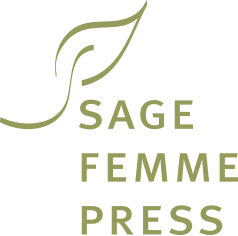Poetry is dead, they say. I don’t know who they are or what evidence they have of the demise but I hear and read this claim regularly. Now consider. Poetry slams and spoken word poetry attract large and enthusiastic young audiences. Rap is a powerful and pervasive popular form. Professions like mine in health care have recognized the value of the arts, poetry in particular, in communicating with each other, our students and those we care for. Poems still appear in a number of newspapers and general periodicals. You hear poetry at weddings, anniversaries and funerals. You sometimes hear it from the pulpit or podium. At times of crisis in their lives, non-poets are sometimes driven to express themselves in poetry even though it may remain known only to themselves. High art or academic poetry may lack a wide readership but it finds publishers.
I like to think that my poems have work in the world, that they pull on their blue, pink or white- collared shirts each morning and troop off purposefully to do honest labor in a hospital, hospice, school or home. They may boost someone’s spirits, provide comfort or diversion, tell a story or offer perspective. They might provide the key to unraveling some puzzle. They may inspire reflection or contemplation.
Am I making too great a claim? Perhaps—but not entirely. I’ve had enough feedback along the way to trust that many of my poems find readers ready to receive them. Once this happens their work is done.
